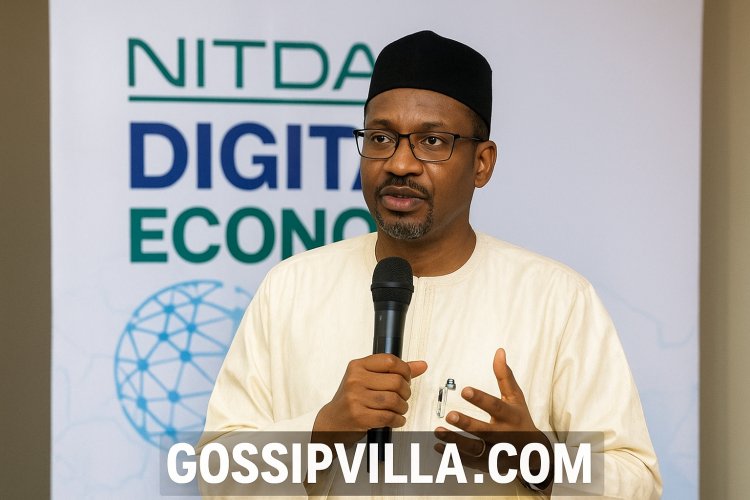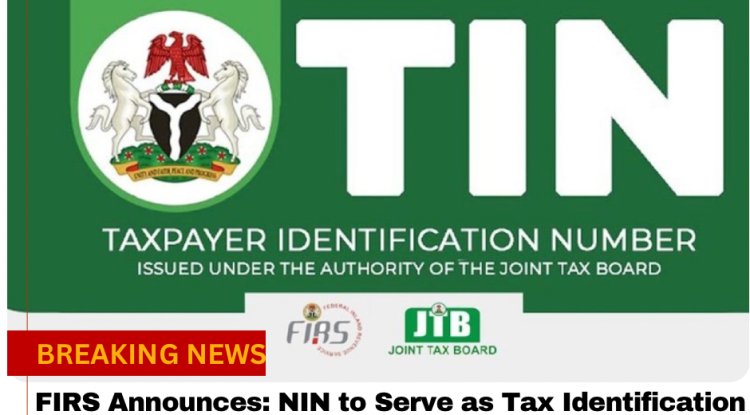Nigeria’s Digital Economy Bill Sparks Concern Over Regulatory Overlap in ICT Sector
Nigeria’s new National Digital Economy Bill has sparked a regulatory debate as telecom operators warn of overlap with existing ICT laws. Here’s what experts and NITDA are saying.

Nigeria’s push toward a fully digital economy has taken a major step forward with the introduction of the National Digital Economy and E-Governance Bill 2025, a piece of legislation designed to strengthen the country’s digital infrastructure, improve governance, and encourage innovation across sectors. However, while the bill is being praised by some for its potential to transform Nigeria’s tech landscape, it has also sparked serious regulatory concerns within the telecommunications industry.

According to a recent report by Nairametrics, the Association of Licensed Telecommunications Operators of Nigeria (ALTON) has warned that the proposed Bill could create regulatory overlap in the Information and Communication Technology (ICT) sector. The group argues that some sections of the Bill appear to duplicate the functions of existing regulatory bodies such as the Nigerian Communications Commission (NCC) and the National Information Technology Development Agency (NITDA).
ALTON emphasized that while it fully supports the government’s digital transformation agenda, the Bill must clearly define regulatory boundaries to prevent confusion and duplication of roles among agencies. “The sector has worked hard to establish stability and clarity in regulation over the past two decades,” the association stated. “We must avoid unnecessary overlap that could increase compliance costs for operators and slow down innovation.”
Meanwhile, NITDA Director-General Kashifu Inuwa Abdullahi has defended the Bill, describing it as a key framework for Nigeria’s digital transformation. According to a report by TVC News, Abdullahi noted that the Bill is not intended to conflict with existing laws but rather to align all digital economy efforts under one coordinated structure. He explained that the proposed law would enable Nigeria to harness the benefits of e-governance, digital identity, cybersecurity, and innovation while maintaining data protection and citizens’ rights.
Industry experts believe that both perspectives carry weight. On one hand, a unified digital economy law could streamline government processes and create new opportunities for businesses. On the other hand, lack of clarity could hinder investment, especially from foreign tech companies that value predictable regulatory frameworks.
If passed, the National Digital Economy and E-Governance Bill will provide a legal foundation for Nigeria’s ongoing projects in digital identity, data exchange, e-taxation, and smart infrastructure. It will also support the federal government’s Renewed Hope Digital Agenda, aimed at positioning Nigeria as a regional leader in technology, innovation, and online services.
The Bill is currently undergoing legislative review and stakeholder consultations. Lawmakers are expected to engage industry bodies, private sector leaders, and civil society groups to refine the document before its final passage.
READ MORE ON HOW NITDA and Governors’ Forum Partner to Drive Nigeria’s State-Level Digital Transformation
Why this matters:
For Nigeria’s rapidly expanding tech ecosystem including fintech startups, telecom operators, and digital service providers the outcome of this Bill will shape how technology is regulated and how fast innovation can thrive. Clear and modern digital laws can accelerate investment, while overlapping regulations could slow the country’s progress toward becoming Africa’s digital hub.
As the discussion continues, both government and private sector players are being urged to find a middle ground that promotes growth, protects users, and strengthens national data sovereignty.
What's Your Reaction?




















